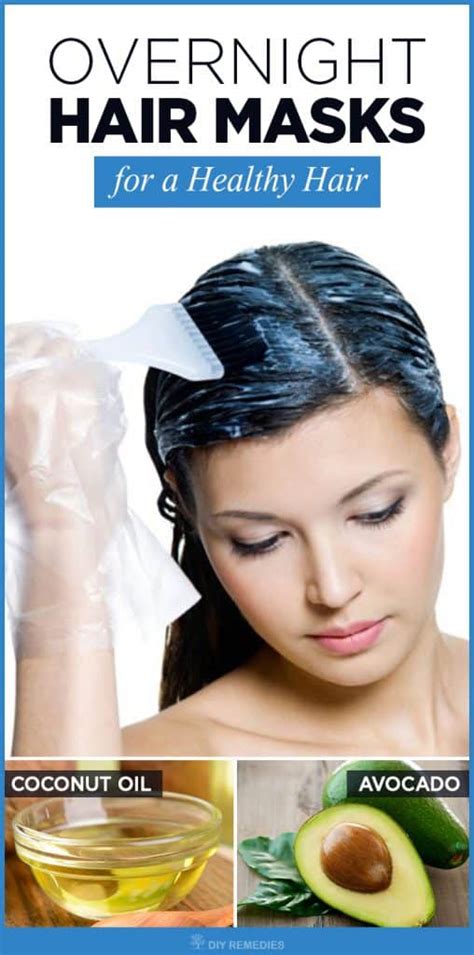Is your hair lacking luster, strength, or nourishment? It’s time to revitalize your locks with the power of home hair masks. These DIY treatments are simple, budget-friendly, and packed with natural ingredients that can address a wide range of hair concerns.

Why Home Hair Masks?
- Personalized: Tailor masks to your specific hair type and needs.
- Affordable: Save money on pricey salon treatments.
- Natural: Harness the benefits of nature without harsh chemicals.
- Convenient: Prepare masks in the comfort of your own home.
101 Home Hair Mask Recipes
Moisturizing Masks
- Avocado and Honey Mask: For dry, damaged hair. Rich in vitamins, minerals, and antioxidants.
- Banana and Yogurt Mask: Nourishing and hydrating. Contains potassium, vitamins A and C, and lactic acid.
Strengthening Masks
- Egg and Olive Oil Mask: Promotes hair growth and strength. Rich in protein, vitamins B and C, and omega-3 fatty acids.
- Coconut Milk and Hibiscus Mask: Revitalizes weak hair. Contains protein, vitamins, minerals, and antioxidants.
Clarifying Masks
- Apple Cider Vinegar and Bentonite Clay Mask: Removes product buildup and excess oil. Antibacterial and detoxifying properties.
- Baking Soda and Tea Tree Oil Mask: Cleanses and balances the scalp. Antifungal and antibacterial properties.
Repairing Masks
- Shea Butter and Argan Oil Mask: Deeply repairs damaged hair. Rich in vitamins, minerals, and fatty acids.
- Mango and Yogurt Mask: Restores elasticity. Contains vitamins A, C, and E, and antioxidants.
Ingredients and Benefits
| Ingredient | Benefits |
|---|---|
| Avocado | Moisturizes, nourishes, and repairs |
| Honey | Antioxidant, antibacterial, and moisturizing |
| Banana | Nourishes, hydrates, and softens |
| Yogurt | Protein-rich, moisturizing, and clarifying |
| Egg | Protein-rich, strengthens, and promotes growth |
| Olive oil | Omega-3 fatty acids, nourishes, and strengthens |
| Coconut milk | Protein-rich, nourishes, and hydrates |
| Hibiscus | Antioxidants, revitalizes, and adds shine |
| Apple cider vinegar | Removes buildup, antibacterial, and clarifying |
| Bentonite clay | Detoxifies, absorbs excess oil, and balances the scalp |
| Baking soda | Cleanses, balances the scalp, and removes product buildup |
| Tea tree oil | Antifungal, antibacterial, and clarifying |
| Shea butter | Moisturizes, nourishes, and repairs |
| Argan oil | Rich in fatty acids, antioxidants, and vitamins |
| Mango | Vitamins A, C, and E, elasticity, and hydration |
Application Tips
- Apply masks to clean, damp hair.
- Leave on for 20-30 minutes.
- Rinse thoroughly with warm water.
- Use a mild shampoo to remove any residue.
- Use masks once or twice a week.
Precautions
- Test masks on a small patch of skin before applying to your hair.
- Avoid using masks on open wounds or irritated skin.
- Rinse masks thoroughly to prevent buildup.
- Do not leave masks on for extended periods.
Future of Home Hair Masks
The future of home hair masks lies in innovation and personalization. Researchers are exploring new ingredients and technologies to create masks that address specific hair concerns, enhance bioavailability, and offer extended results. The rise of AI and personalized skincare solutions will further drive the home hair mask market, enabling consumers to create customized masks based on their unique hair profiles.
